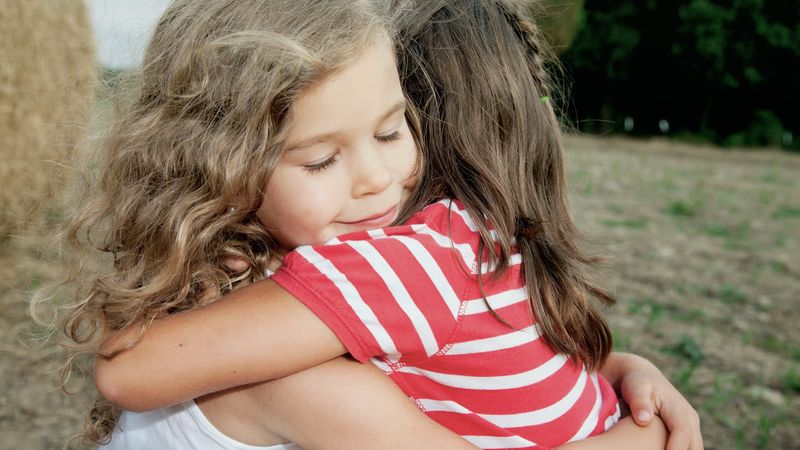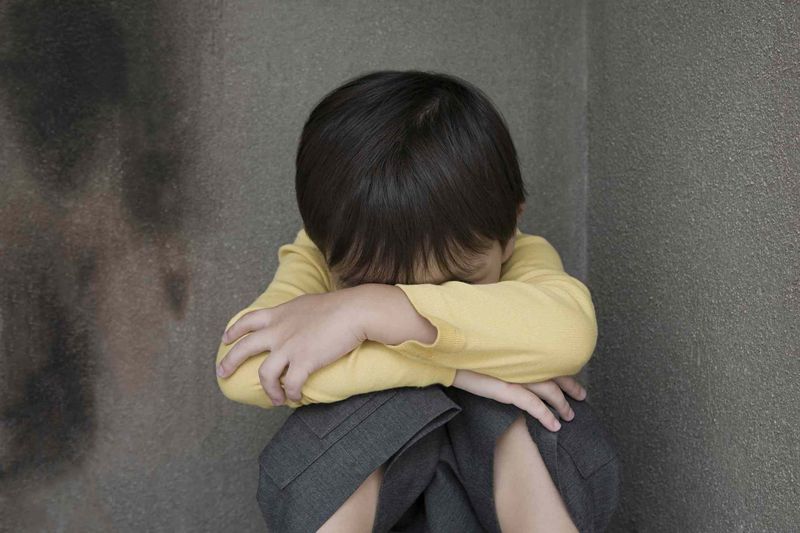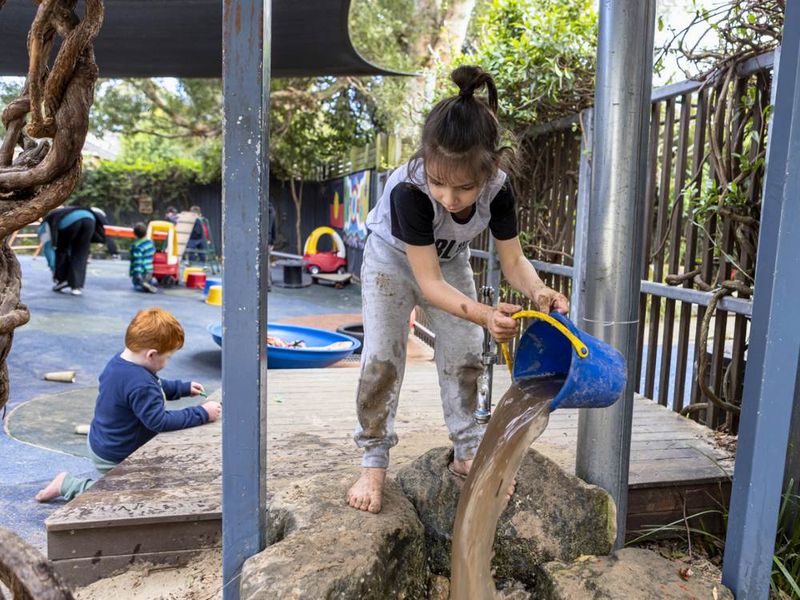Identifying highly sensitive children involves noticing subtle behaviors that often go unnoticed. These children process the world differently, needing understanding and support to thrive in a stimulating environment. Sensitivity isn’t a weakness; it’s a unique way of experiencing and interacting with the world. Here’s a closer look into these easy-to-overlook signs that might indicate your child is highly sensitive.
1. Overwhelmed by Crowds

In crowded places, some children might find the noise and activity overwhelming. A trip to the mall can transform from exciting to exhausting in mere minutes. Does your child show signs of stress or anxiety when faced with bustling environments? This sensitivity to external stimuli isn’t uncommon.
Highly sensitive kids might prefer solitude or quieter places to recharge. They process sounds and sights more deeply than others. Thus, a crowded area can quickly over-stimulate their senses.
Offering a quiet moment can serve as a remedy, allowing them to regroup and find comfort amidst chaos.
2. Intense Reactions to Criticism

Criticism can be a heavy word for highly sensitive children. They often perceive feedback as an attack, even when it’s constructive. The weight of words impacts them deeply.
A slight reprimand might lead to tears or withdrawal, reflecting their inner turmoil. Understanding their perspective is crucial. Supporting them with gentle guidance rather than harsh criticism helps foster a nurturing environment.
Their sensitivity to criticism can also drive them to excel. They strive for perfection, wanting to avoid negative feedback. Encouragement and positive reinforcement become essential tools in their development.
3. Empathy Towards Others

Empathy comes naturally to many highly sensitive kids. They often sense and mirror the emotions of those around them. When a friend is upset, you might notice your child offering comfort or support without hesitation.
This trait can be a double-edged sword. While it fosters deep connections and understanding, it can also lead to emotional exhaustion. They might struggle when unable to help those they care about.
Encouraging empathy while teaching boundaries is key. Helping them manage their emotional energy ensures they don’t become too drained from their natural compassion.
4. Avoidance of Violent Media

Some children shy away from violent or intense media, displaying discomfort or distress. If your child turns away from certain shows or movies, it might be more than just personal preference.
Highly sensitive children often have vivid imaginations, making violent scenes feel all too real. This sensitivity can lead to nightmares or anxiety. Providing age-appropriate content and discussing their feelings can ease this burden.
Creating a safe viewing environment with positive content helps them enjoy media without fear. Encouraging open conversations about their feelings towards media can also be beneficial.
5. Detail-Oriented Observation

Highly sensitive children often notice things others might miss, like the delicate patterns on a butterfly’s wings. Their keen observation skills set them apart, seeing beauty in the minutiae that surround us.
This attention to detail extends to their daily lives, including schoolwork and play. They might become frustrated when others overlook these elements.
Encouraging their curiosity and providing opportunities to explore their interests can nurture this talent. Celebrate these insights, as their unique perspective contributes to their creative thinking and problem-solving abilities.
6. Strong Reactions to Change

Change can be challenging for the highly sensitive child. Even small alterations in routine can lead to anxiety or resistance. Adapting to new situations requires time and patience.
When faced with a family move or a new school, they might exhibit signs of stress, like sleeplessness or irritability. Structured planning and gradual transitions can mitigate these reactions.
Providing reassurance and a sense of stability helps them navigate changes more comfortably. Acknowledging their feelings and involving them in the process can ease the transition.
7. Deep Imagination

Imagination runs wild in many sensitive kids. They create elaborate worlds and stories, often getting lost in their daydreams. This imaginative play is more than just fun; it’s a method of processing their complex emotions.
Encouraging creative expression through art, writing, or role-playing can channel this imagination positively. However, it’s important to balance their dream world with reality.
Fostering creativity while grounding them in the real world helps them thrive. Supporting their imaginative pursuits can lead to innovative thinking and problem-solving skills.
8. Physical Sensitivity

Textures, tags, and fabrics can become a battleground for highly sensitive children. An itchy sweater or tight sock can cause genuine distress.
Their heightened awareness of physical sensations often leads to discomfort that others might dismiss. Finding comfortable clothing and making adjustments can help alleviate these issues.
Understanding their need for sensory comfort is crucial. Creating a wardrobe that caters to their preferences reduces daily stress and improves their overall well-being.
9. Heightened Intuition

Sensitive children often possess a strong sense of intuition. They pick up on non-verbal cues and underlying emotions in a room, sensing when something is amiss.
This perceptive ability can be both a gift and a challenge. It helps them connect deeply with others but might also overwhelm them with unspoken tensions.
Teaching them to trust their instincts while setting emotional boundaries is essential. Encouraging open discussions about their feelings fosters confidence in their intuitive abilities.
10. Need for Alone Time

Amidst life’s hustle and bustle, highly sensitive kids often seek solitude. Alone time is crucial for them to recharge their emotional and sensory batteries.
This retreat isn’t about isolation; it’s a necessary respite from overwhelming stimuli. Providing a quiet, comfortable space for them to unwind can make a significant difference.
Respecting their need for personal time shows understanding and support. Encouraging this habit of self-care helps them develop resilience and coping strategies.
11. Strong Connection with Nature

Many sensitive children feel a profound connection to nature. A simple walk in the woods can bring immense joy and tranquility.
This bond with the natural world serves as a grounding force, providing peace amidst chaos. Nature’s rhythms resonate with their own, offering solace and inspiration.
Encouraging outdoor activities and exploration can nurture this connection. It’s a therapeutic outlet, fostering well-being and appreciation for the world around them.

